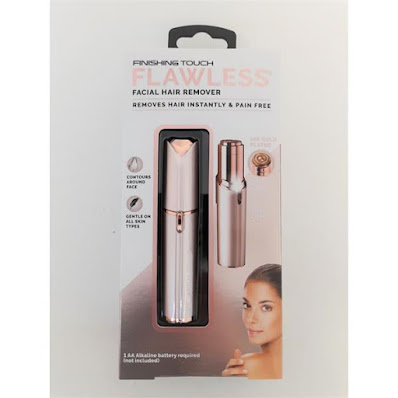How to Take a Step Towards Safer Use of Personal Care Products Online?
Every year, we spend thousands of Euros on personal care products online to beautify our skin, strengthen hair and maintain hygiene. But many of us never realise that the cosmetic products we are applying have skin-damaging chemicals. At times, it’s either due to little governmental oversight or lack of safety testing. However, as an average adult, we hardly give a second thought about maintaining a skincare regimen. Therefore, most of us bear the brunt of the wrong choice.
Today, the
write-up is all about evoking awareness among all readers, who consciously
apply anti-dandruff shampoos, antiperspirant deodorants, hair removal cream, moisturisers for sensitive skin and sunscreens. Let’s
check how to ensure skin-safe personal care products when shopping online in
the upcoming section.
Chemicals
or Ingredients to Steer Clear of When Purchasing PersonalCare Products Online
Do you know
renowned cosmetic companies have failed before the eyes of consumers? Many have
even filed a handful of lawsuits against them for using detrimental chemicals. Despite
the heavy blow of criticisms, many beauty product manufacturers have escaped penalties
by dismissing the allegations. We do not wish to reveal their identities, but
if you want, you can easily browse the Internet to find out their names. Our
motive is not to defame them but to create awareness in readers so that they do
not fall into a trap.
Here go
some unsafe ingredients and toxic chemicals you must avoid in personal care
products: -
v Parabens - It is one of those substances, the traces of
which increases the risk of growing cancer - mostly breast cancer. It is also
said to disrupt hormone function. Research has further revealed that it’s a
major reason why males suffer from low testosterone levels, sluggish movement
of sperms and DNA damage in sperms. Look for the substance in shampoos and makeup!
v Phthalates - Observed in hairsprays, perfumes
and various other personal care products, phthalates have caused birth defects
in many male users. Its high concentration in urines has ruined the
reproductive systems in females.
v Formaldehyde - It’s a common ingredient, the
traces of which are available in nail hardeners and hair straighteners. Do you
know that it’s a human carcinogen? It has the potential to trigger nose and
throat cancer as well as leukaemia.
v Triclosan - This particular ingredient is
mostly found in toothpaste, hand sanitisers and body washes. The chemical is so
detrimental to health that you may develop a risk of allergy and hay fever.
v Butylated Hydroxyanisole (BHA) - Studies reveal that BHA causes stomach
and liver cancers in animals. It’s also assumed to be a human carcinogen.
v Sodium Laureth Sulfate (SLS) - SLS is a major reason why you
might be experiencing irritation in the eyes, lungs and skin. It mostly occurs
in personal care products like shampoos and toothpaste.
v 1,4-Dioxane - Tested on lab animals, the
ingredient has caused kidney and liver damage in them. Experts predict it to be
a human carcinogen, but it’s hard to figure out its traces in products because
it’s a by-product of the manufacturing process.
With this,
we come to the end of the blog. How can you limit your exposure to such
ingredients that are detrimental to your skin health and body? Here are things
you can do: -
ü
Run
research on your choice of cosmetic product and its ingredients. EWG’s Skin
Deep Cosmetics Database is a promising platform where you can search by product
name, ingredient, brand or manufacturer. Find a hazard score on your searched
product. If it comes to anything between 8 and 10, know that it’s unsafe for
application.
ü
Another
reliable source is CSCP (California Safe Cosmetics Program Product Database). From
the presence of fragrance to ingredients suspected of causing birth defects, cancer
and reproductive disorders, you can find everything about it.
Final
Thoughts:
It’s high
time you eliminate personal care products from your beauty routine if there is
the threat of skin-damaging ingredients in them. Follow the guidelines covered
here to stay vigilant and spread the word. Share the blog if you care for
others around you. Let us all stand in solidarity against the practice of using
toxic chemicals in cosmetics.

Comments
Post a Comment